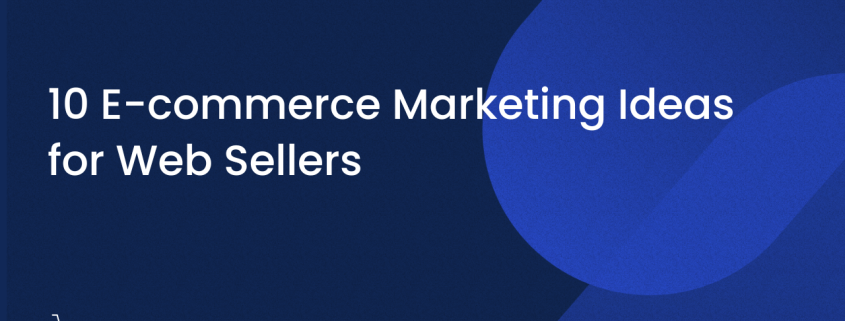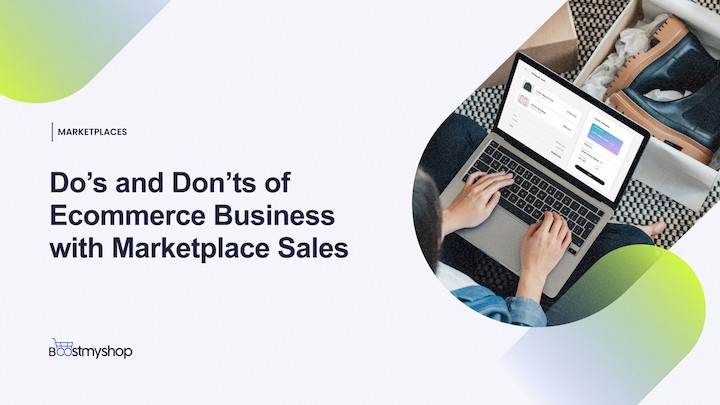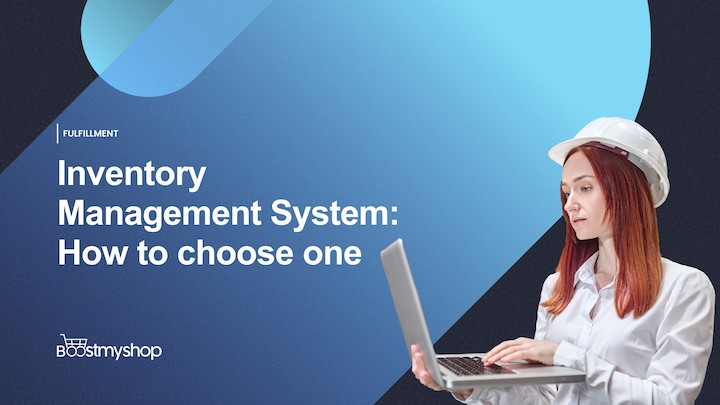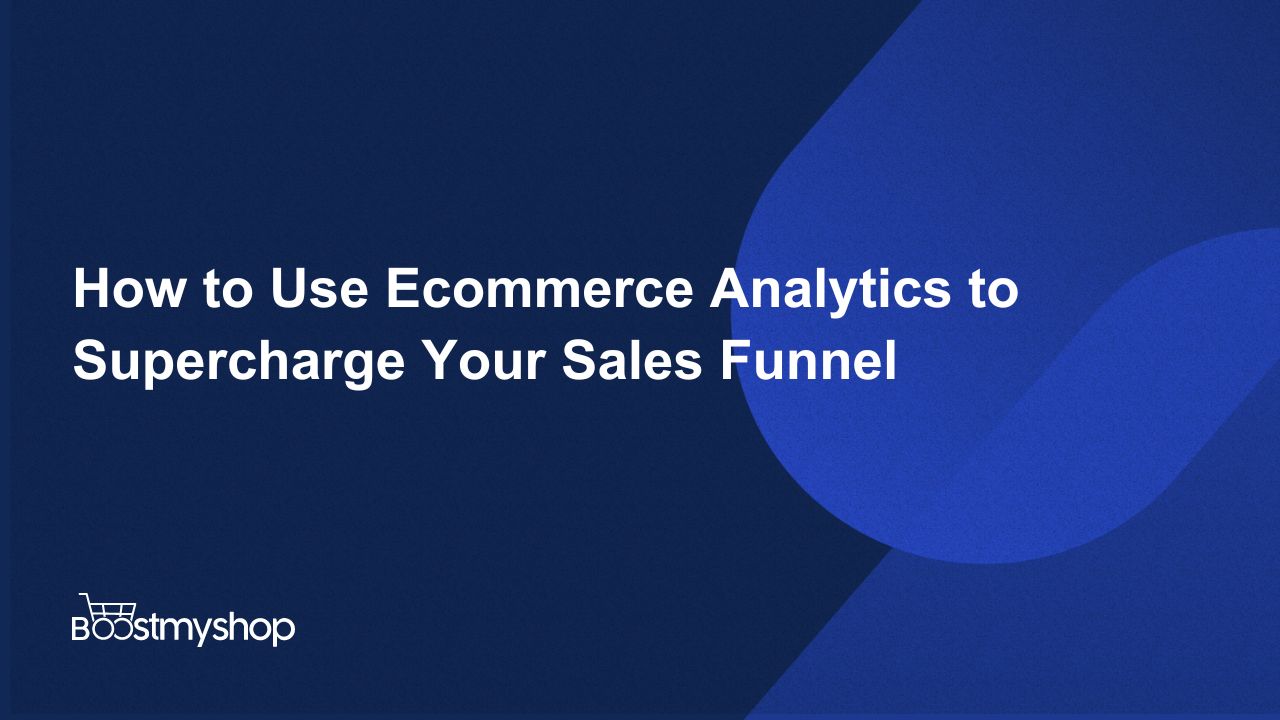10 E-commerce Marketing Ideas for Web Sellers
Ecommerce marketing ideas are essential to have a strong marketing strategy to attract and retain customers. With so many marketing options available, it can be challenging to determine which strategies will be most effective for your business. In this blog post, we’ll explore 10 e-commerce marketing ideas for web sellers to help you drive sales and grow your business.
10 Real-time Ecommerce Marketing Ideas
1. Leverage Social Media Marketing – Social media marketing is a powerful tool for e-commerce businesses. By creating engaging content and building a strong social media presence, you can attract new customers and retain existing ones. You can also use social media to promote your products, run contests and giveaways, and offer exclusive discounts to your followers.
2. Optimize Your Website for SEO – Search engine optimization (SEO) is essential for e-commerce businesses looking to attract organic traffic. By optimizing your website for SEO, you can improve your search engine rankings and attract more potential customers. This includes using relevant keywords, optimizing your website structure, and creating high-quality content.
3. Ecommerce Marketing via mail – Email marketing is an effective way to keep your customers engaged and informed about new products, promotions, and sales. You can use email marketing to offer exclusive discounts, promote new products, and share valuable content with your subscribers.
4. Implement Competitor Monitoring Software – Competitor monitoring software can help you stay ahead of the competition by tracking your competitors’ pricing strategies, product offerings, and marketing efforts. By using competitor monitoring software, you can gain insights into your competitors’ strategies and make informed decisions about your own operations.
5. Offer Free Shipping – Offering free shipping is a great way to incentivize customers to make a purchase. By offering free shipping, you can reduce cart abandonment rates and increase customer satisfaction. You can also use free shipping as a promotional tool to attract new customers.
6. Use Influencer Marketing – Influencer marketing is a powerful way to reach new audiences and promote your products. By partnering with influencers in your industry, you can leverage their followers and reach new potential customers. You can also use influencer marketing to generate user-generated content and build social proof for your products.
7. Use Re-targeting Ads – Re-targeting ads are a powerful way to target potential customers who have already shown interest in your products. By using re-targeting ads, you can target customers who have visited your website or added products to their cart but haven’t made a purchase. This can help you convert potential customers into paying customers.
8. Offer Product Bundles – Product bundles are a great way to increase your average order value and promote cross-selling. By offering product bundles, you can encourage customers to purchase multiple products at once and offer a discount for doing so. This can help you increase sales and improve customer satisfaction.
9. Use User-Generated Content– User-generated content is a powerful way to build social proof and promote your products. By encouraging your customers to share their experiences with your products on social media, you can generate valuable content and attract new potential customers. You can also use user-generated content to create social media campaigns and contests.
10. Use Video Marketing – Video marketing is a powerful way to promote your products and engage with your customers. By creating high-quality product videos and sharing them on social media and your website, you can showcase your products in action and provide valuable information to your customers.
Essential ecommerce marketing KPIs:
Measuring the effectiveness of your marketing strategies is essential to determine which strategies are working and which ones need improvement. Here are some ways you can measure the effectiveness of your marketing strategies:
1. Website traffic – Monitor your website traffic using tools like Google Analytics. This will help you track how many people are visiting your website and where they are coming from.
2. Conversion rate – Measure your conversion rate by tracking how many visitors to your website are converting into customers. This will help you determine how effective your website is at converting visitors into customers.
3. Sales – Monitor your sales to determine if your marketing strategies are driving revenue. You can track your sales using your e-commerce platform or accounting software.
4. Customer retention – Measure customer retention by tracking how many customers are returning to your website and making repeat purchases. This will help you determine if your marketing strategies are effective at retaining customers.
5. Social media engagement – Monitor your social media engagement by tracking likes, shares, comments, and followers. This will help you determine how engaged your audience is with your social media content.
6. Email marketing metrics – Measure the effectiveness of your email marketing campaigns by tracking open rates, click-through rates, and conversion rates. This will help you determine how engaged your subscribers are with your email content.
7. Return on investment (ROI) – Measure your ROI by comparing the cost of your marketing efforts to the revenue they generate. This will help you determine if your marketing strategies are cost-effective and generating a positive ROI.
By using these metrics to measure the effectiveness of your marketing strategies, you can make informed decisions about which strategies to continue and which ones to improve. It’s important to review regularly and analyze your marketing data to optimize your marketing efforts and drive business growth.
Recommendations for marketing channels
Certainly! Here are some effective e-commerce marketing channels that web sellers can use to promote their products and grow their business:
1. Social media marketing – Social media platforms like Facebook, Instagram, and Twitter offer powerful marketing tools that enable web sellers to reach potential customers and engage with their audience through visual content, influencer marketing, and paid advertising.
2. Search engine optimization (SEO) – SEO helps web sellers improve their website’s visibility and ranking on search engines like Google, Bing, and Yahoo. By optimizing their website’s content, structure, and keywords, web sellers can attract organic traffic and drive sales
3. Email marketing – Email marketing is a cost-effective way for web sellers to promote their products, offer discounts, and build customer loyalty. By sending targeted and personalized emails to their subscribers, web sellers can increase their sales and drive repeat purchases.
4. Pay-per-click (PPC) advertising – PPC advertising allows web sellers to display their products on search engines, social media platforms, and other websites. By targeting specific keywords and demographics, web sellers can attract potential customers and drive sales through paid advertising
5. Content marketing – Content marketing involves creating valuable and informative content that attracts potential customers and builds brand awareness. By creating blog posts, videos, and other types of content, web sellers can establish themselves as experts in their industry and promote their products in a non-intrusive way.
6. Influencer marketing – Influencer marketing involves partnering with social media influencers to promote your products to their followers. By leveraging the influence and reach of influencers, web sellers can reach new audiences and drive sales through word-of-mouth marketing.
7. Affiliate marketing – Affiliate marketing involves partnering with other websites and businesses to promote your products in exchange for a commission. By leveraging the reach and audience of other websites, web sellers can attract new customers and drive sales through affiliate marketing.
These are just a few examples of e-commerce marketing channels that web sellers can use to promote their products and grow their businesses. It’s important to experiment with different marketing channels and strategies to determine which ones work best for your business and audience.
Ecommerce marketing essential for sales
In conclusion, there are many e-commerce marketing ideas that web sellers can use to promote their products and grow their businesses. By leveraging social media marketing, optimizing your website for SEO, using email marketing, implementing competitor monitoring software, offering free shipping, using influencer marketing, using re-targeting ads, offering product bundles, using user-generated content, and using video marketing, you can attract new customers, retain existing ones, and drive sales. By experimenting with different marketing strategies and measuring your results, you can determine which strategies work best for your business and optimize your marketing efforts accordingly.






